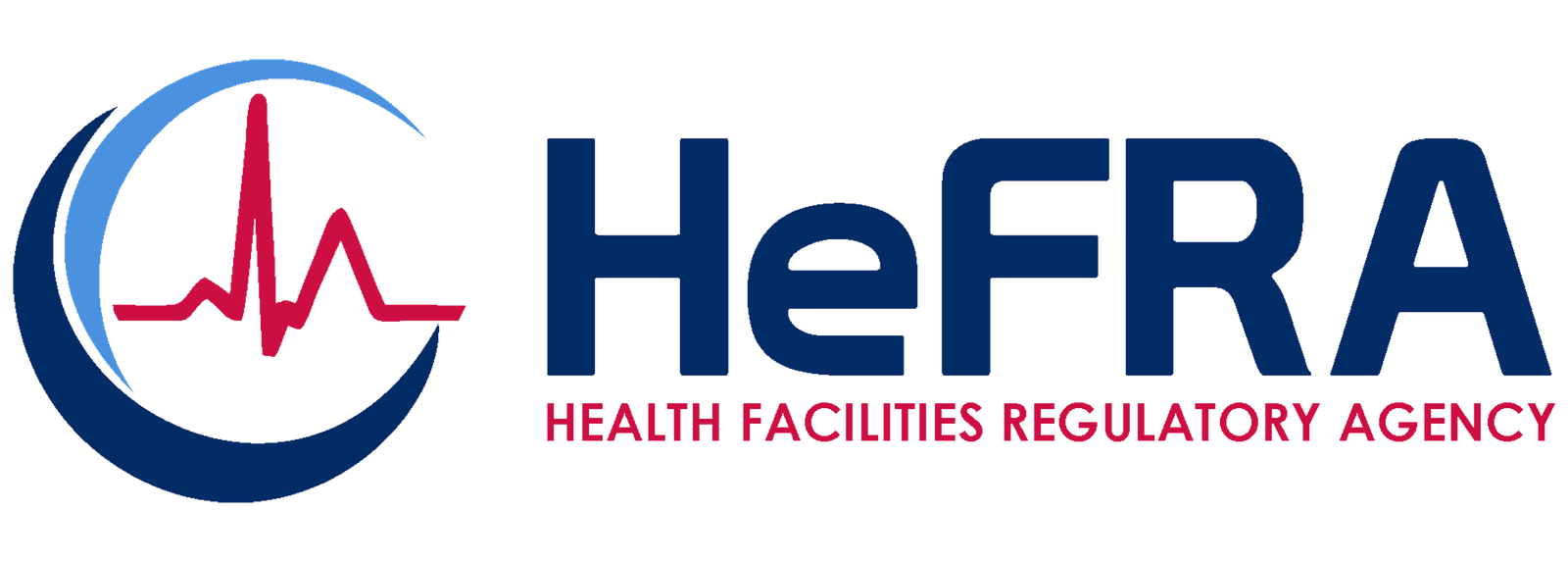
Depression in Ghana: Cultural Pressures, Hidden Pain, and Pathways to Healing 😔😭😥
Depression is more common than people think. But in Ghana, it’s still a taboo subject. Some think it's a spiritual problem or a “white man’s issue.” This article explains what depression really is, its signs, and how Ghanaians can deal with it—with facts backed by research.
Image: Depression
1. What is Depression?
Depression is a real health condition. It’s not just about feeling sad. It affects how you think, feel, and behave. People with depression may lose interest in life, struggle to sleep or eat, and feel tired all the time [1].
🧠 Fact: Depression is one of the most common mental health conditions in Ghana, according to the Mental Health Authority [2].
2. Types of Depression
Depression comes in many forms:
- Clinical Depression: Lasts for weeks or months and affects your daily life [1].
- Postpartum Depression (PPD): Affects some women after childbirth due to hormonal changes and stress [3].
- Manic Depression (Bipolar Disorder): Causes extreme mood swings—from deep sadness to high energy or mania [1].
- Depression with Psychosis: Involves hallucinations or delusions in very severe cases [4].
- Seasonal Depression: In Ghana, some people feel worse during the rainy or harmattan seasons [5].
Image: Feeling of sadness
3. Signs and Symptoms
Look out for these common signs of depression:
- Feeling sad or hopeless all the time
- Loss of interest in fun activities
- Changes in sleep or appetite
- Always tired
- Trouble focusing
- Thoughts of death or suicide
👨🦱 In men, depression may look like anger, irritability, or risky behavior [1].
Image: Suicide thoughts
4. Depression and Anxiety
Depression often shows up with anxiety, which is constant worry or fear. In Ghana, many people with mental health challenges suffer from both but don’t know it [2].
5. How to Deal With Depression
Here are simple steps to take:
- Talk to someone: Don’t suffer alone. Speak with a trusted friend, pastor, or health worker.
- See a professional: Health facilities have trained personnel like doctors, clinical psychologists etc to help you navigate safely through the difficult situation. Even a chips compound may have mental health nurses, so do not underestimate what is available to you. [2][6].
- Take a test: Depression screening tools help measure your mood. Ask at your clinic.
Pray and meditate: Bible verses like Psalm 34:18—“The Lord is close to the broken-hearted…”—can give comfort. The Quranic verse ––Surah Al-Baqarah (2:186): "And when My servants ask you concerning Me, indeed I am near. I respond to the invocation of the supplicant when he calls upon Me. So let them respond to Me [by obedience] and believe in Me that they may be [rightly] guided", also gives reassurance. [(سورة البقرة ٢:١٨٦) وَإِذَا سَأَلَكَ عِبَادِي عَنِّي فَإِنِّي قَرِيبٌ ۖ أُجِيبُ دَعْوَةَ الدَّاعِ إِذَا دَعَانِ ۖ فَلْيَسْتَجِيبُوا لِي وَلْيُؤْمِنُوا بِي لَعَلَّهُمْ يَهْتَدُونَ]
- Exercise and eat well: Walking, dancing, or eating balanced meals helps your mood [1][5].
Image: Psychotherapy
6. Treatment Options
Depression is treatable. You can feel better with:
- Counselling or therapy: Talking with a trained therapist helps [2].
- Medication: Doctors may prescribe antidepressants like fluoxetine or sertraline [1].
- Natural methods: Herbal teas or St. John’s Wort may help—but ask a doctor first [4].
Image: Faith-based activity
7. How to Overcome Depression
You can take small steps every day to feel better:
- Create a daily routine
- Set small goals
- Join a support group
- Do things that bring you joy (music, gardening, volunteering)
💡 Research from the University of Ghana shows that support from family and faith groups helps recovery [5].
8. Depression in Ghanaian Society
In Ghana, some people believe depression is from curses, demons, or laziness. This makes it hard to ask for help. But science shows depression is a medical condition, just like malaria or high blood pressure [2].
Image: Postpartum depression
9. Depression in Women (Postpartum Depression)
After childbirth, some mothers feel empty, cry often, or don’t feel connected to their baby. This is called Postpartum Depression (PPD). It’s not their fault—and it’s common [3].
Symptoms include:
- Crying a lot
- Feeling disconnected from the baby
- Extreme guilt or sadness
Mothers should talk to a midwife or nurse if they feel this way. Help is available at public hospitals and some private clinics [6].
Conclusion
Depression is real, and it affects Ghanaians too. But it’s treatable. If you or someone you know feels sad for too long, talk to someone, visit a health facility, and know that you are not alone.
Let’s end the silence and break the stigma around mental health in Ghana.
References
- World Health Organization (2023). Depression Fact Sheet. Retrieved from: https://www.who.int/news-room/fact-sheets/detail/depression
- Mental Health Authority Ghana (2022). Mental Health in Ghana: Situation Report. Accra: MHA.
- Ghana Health Service (2021). Maternal Mental Health Strategy for Ghana. GHS Publications.
- Pantang Psychiatric Hospital Clinical Handbook (2020). Understanding Common Mental Disorders in Ghana.
- University of Ghana School of Public Health (2020). Faith-Based Coping Strategies and Depression Among Ghanaians.
- Korle Bu Teaching Hospital Department of Psychiatry (2023). Annual Mental Health Service Review Report.

We Love to Educate for Free
But please do not self-medicate as wrong doses of even correct medications can cause serious complications like kidney failure and even death. You can talk to a LICENSED health professional (including medical doctors, specialists, physician assistants, clinical psychologists, nutritionists/dieticians, medical herbalists, etc) by downloading the Deluxe Hospital app here:










